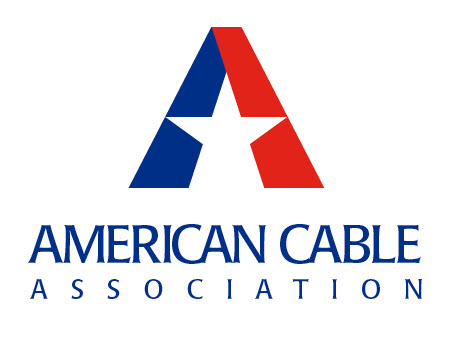ACA: Broadcasters Aren't Walking the Talk
The smarter way to stay on top of the multichannel video marketplace. Sign up below.
You are now subscribed
Your newsletter sign-up was successful

While broadcasters were pushing back hard on Microsoft's request that the FCC reserve channels for unlicensed wireless, saying that would threaten viewers' access to important broadcast service, the American Cable Association was hammering broadcasters for what it said was a potential shortchanging of their own viewers.
In an ex parte filing with the FCC, the ACA said broadcasters' proposal for transitioning to the new ATSC 3.0 transmission standard also represents potential service losses.
Broadcasters have said they have every reason, without mandates, to ensure their viewers get a signal, including that they do not have a dual revenue stream and have to rely solely on the eyeballs-to-ads model, but the ACA sees it differently.
"In recent weeks, in two separate contexts, broadcasters have suggested that any commission activity that reduces viewership of any television station in any respect would harm the American people," the ACA told the commission, pointing to broadcasters objections to the Microsoft white spaces proposal.
Given that, it said, "one might reasonably have assumed that broadcasters would show similar concern about potential service loss caused by their own actions."
But the ACA said that is not the case, given broadcasters' pitch for a flexible approach to ATSC 3.0 that would not include coverage mandates.
The ACA noted broadcasters' request for no simulcasting mandate or viewers outside of a station's contour if their simulcasts do not match up.
"Broadcasters like to claim that 'there is no substitute for broadcasters’ service to their local communities,'" the ACA said. "To the extent this is true, the rules governing the ATSC 3.0 transition must reflect this claim and protect viewers from losing this irreplaceable service."
The smarter way to stay on top of the multichannel video marketplace. Sign up below.
Contributing editor John Eggerton has been an editor and/or writer on media regulation, legislation and policy for over four decades, including covering the FCC, FTC, Congress, the major media trade associations, and the federal courts. In addition to Multichannel News and Broadcasting + Cable, his work has appeared in Radio World, TV Technology, TV Fax, This Week in Consumer Electronics, Variety and the Encyclopedia Britannica.

